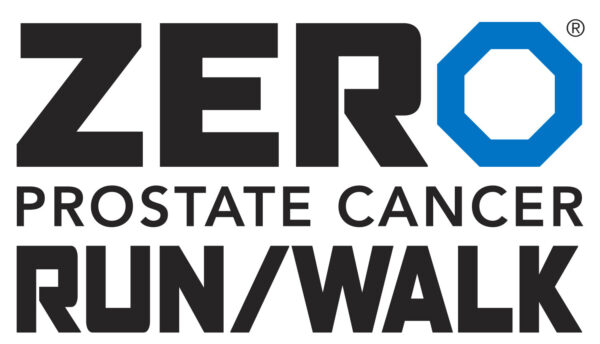
Know the Signs of Testicular Cancer
Did you know that testicular cancer is the most common cancer in males ages 15 to 35? This type of cancer can occur in men and boys at any age, but it is most common in young men. A rare cancer, the condition only occurs in about 1 in 250 males. Like any cancer, it is a serious condition, but the good news is that cancer in the testicles is highly treatable and curable in most cases. Our Houston urologists have the experience and expertise to diagnose and treat men who develop this type of cancer.
Causes and risk factors for testicular cancer
Researchers and physicians don’t know exactly what causes cancer to grow in the testicles. It usually grows in testicular germ cells, the cells that produce sperm. The two most common types of testicular cancer are seminoma and non-seminoma. Seminoma grows more slowly, while non-seminoma grows faster and is more common in young men in their late teens to their 30s.
Certain things increase your risk of developing cancer in your testicles.
- Being 15 to 35 years old
- Being white, non-Hispanic
- Having a family history of the condition
- Having had cancer in one of your testicles
- Having undescended testicles, even if they have been surgically corrected
Signs and symptoms
The most common sign of cancer is a painless lump in a testicle. Cancer usually occurs in only one testicle. If you notice a lump or any of the following signs, you should see our Houston urologists for an examination and diagnosis.
- Symptoms in your scrotum, including sudden fluid build-up, swelling, a heavy feeling, or pain or discomfort
- Swelling or a lump in a testicle
- Feeling a dull ache in your lower abdomen or groin
- Noticing that your testicles have shrunk
You should make yourself familiar with the way your testicles normally look and feel, so that you will notice if there are any changes. Your physician may also notice changes during your annual physical exam. It is vital to report any signs or symptoms to a physician, in case you do have cancer. Young men may hesitate to see a doctor or feel embarrassed about their symptoms, but early diagnosis and treatment are crucial.
Diagnosing cancer in the testicles
The first step in diagnosing testicular cancer is a physical examination, along with a discussion of your personal and medical history. If our physicians notice any signs of cancer, they may decide to order imaging tests, such as an ultrasound, CT scan or MRI. There are also blood tests that check for certain markers in the blood that indicate different types of cancer. If these tests indicate cancer, our physicians may perform a biopsy, a procedure to remove a small amount of testicular tissue to examine for the presence of cancer cells.
Our Houston urologists expertly manage and treat testicular cancer
Physicians take several things into account when they develop your treatment plan. They consider what stage and type of cancer you have, your age, and other factors. In some cases, surgery is the best treatment; in others, chemotherapy and radiation are the best remedy. You can rest assured that our urologists have the extensive experience and knowledge you need when you have cancer of the testicles. Contact us for an appointment.























